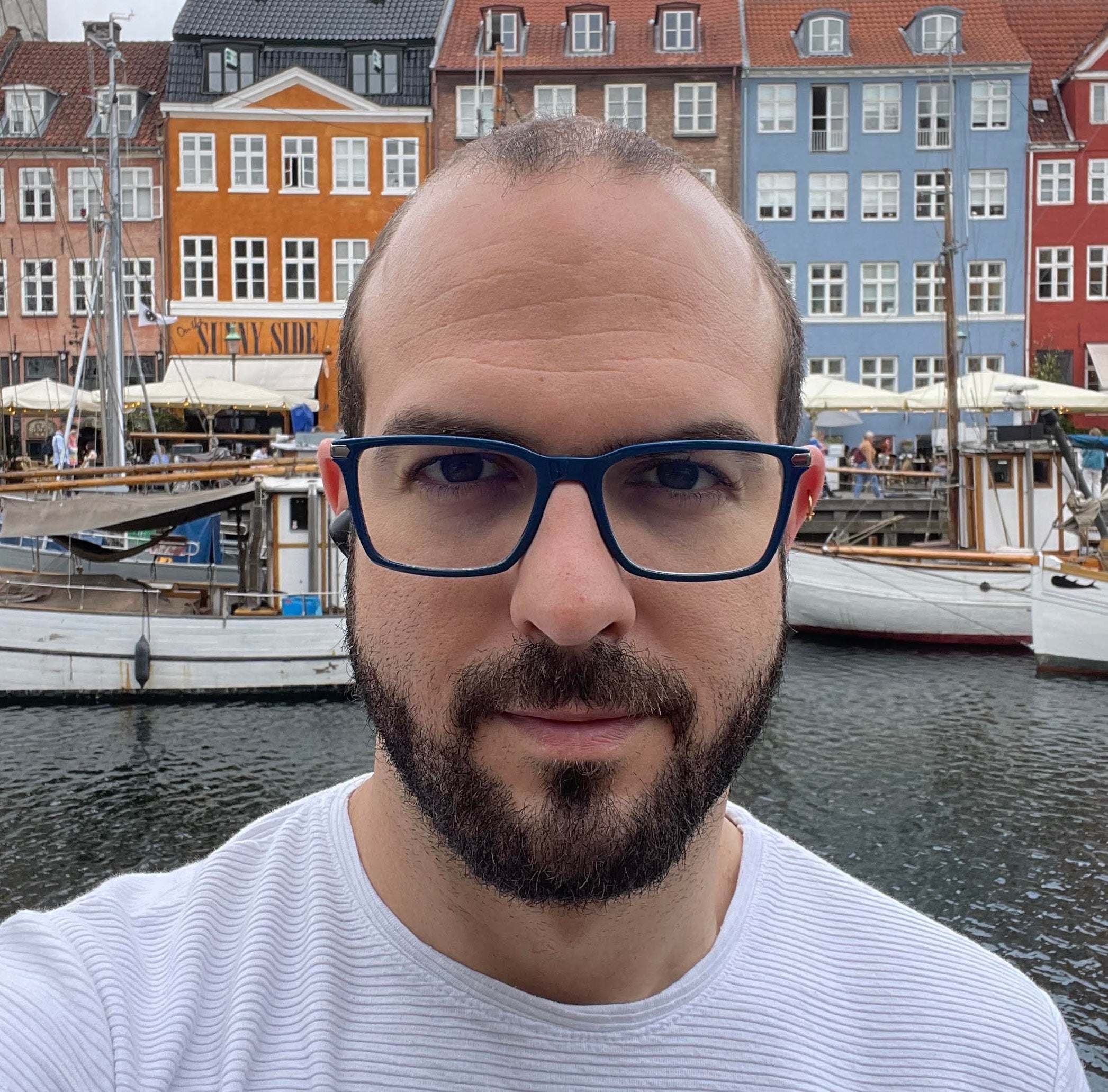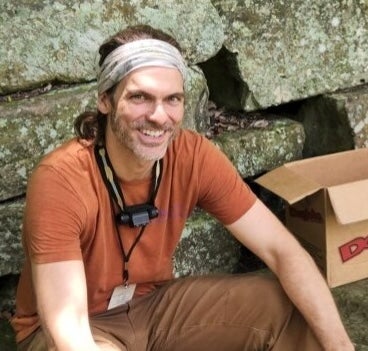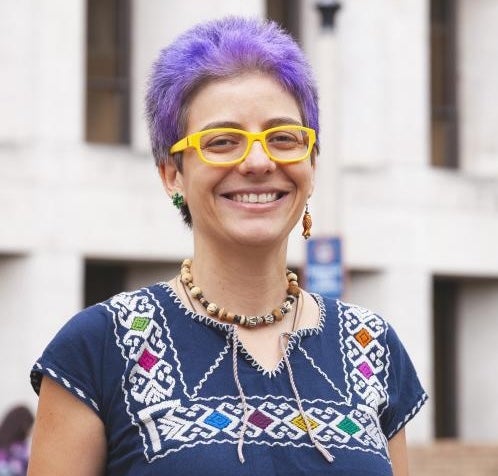Jessica Alexander
About Jessica: A doctoral student in neurolinguistics, Jessica Alexander studies the impact of affective acoustics on speech perception, including the cognitive costs and sensory gain of emotional speech. Her research seeks to broaden our understanding of the cognitive consequences of affective communication with a view toward improving assistive hearing technologies, enhancing human-computer interactions, and creating healthier acoustic spaces for learning, work, and play. Outside the lab, Jessica loves food, travel, and running (modestly) long distances.
Project Overview: For some individuals with profound hearing loss, partial hearing can be restored by a cochlear implant (CI), an auditory prosthesis that stimulates the nerve fibers that are critical for sound processing. There are currently more than one million cochlear implantees worldwide. The speech signal that is produced by such devices, however, offers significantly reduced spectral detail in comparison to the raw sound wave to which listeners with normal hearing have access. As a result, in the absence of visual signals, CI users are generally less accurate in identifying both the content of speech and the emotion of the speaker. Using a vocoder simulation, which closely approximates the experience of CI users, this project investigates the challenges CI users face in recognizing the content and emotional inflections of speech. Results may help advance cochlear implant technologies and provide a deeper understanding of how emotional speech is perceived by human listeners.

Eduardo Gorobets Martins
About Eduardo: Eduardo Gorobets Martins is a 4th-year PhD student in the Department of Spanish and Portuguese at the University of Texas at Austin. He is interested in colonial Mexico history and culture, Nahuatl language, and digital humanities. He contributed to the project Unlocking the Colonial Archive between 2022-2023, being awarded twice for the LLILAS-Benson Digital Scholarship Fellowship and working as Graduate Research Assistant at the Digital Scholarship Lab, LLILAS-Benson Latin American Studies and Collections, at UT-Austin.
Project Overview: My project seeks to create a vocabulary for documents about land conflicts written in Nahuatl from the Fondo Real de Cholula, a collection of historical documents from Mexico that spans the 16th to 19th centuries in the Puebla-Cholula region (digitized by BUAP-Mexico and LLILAS/UT-Austin). I will use several digital tools to transcribe these documents (Transkribus), analyze the data (Voyant Tools), and create a digital exhibition (Omeka). Understanding the legal vocabulary in these land disputes is essential for grasping how the Nahua people fought for their rights under the Spanish legal system during the 16th and 17th centuries in the Puebla-Cholula area.
Sookja Kang
About Sookja: Sookja Kang is a PhD student in Nursing Science, focusing on the intersection of digital technology and maternal health. With a background in qualitative and quantitative research, she explores how digital platforms can enhance health resource utilization and health promotion among diverse childbearing populations. Her work aims to leverage digital tools to address gaps in maternal healthcare, ensuring that diverse communities receive the resources and support they need for better health outcomes.
Project Overview: Sookja's current project, the "What to Expect" (W2E) study, investigates the online interactions of self-identified plus-size pregnant individuals within a widely used digital health community. With over 50% of the childbearing population classified as overweight or obese, understanding their unique challenges is essential for improving maternal healthcare. Using natural language processing (NLP) to analyze over 4,200 forum posts, the project seeks to uncover key themes, sentiments, and gaps in healthcare support shared by these individuals. Methods such as topic modeling and sentiment analysis will reveal concerns related to stigma, provider support, and peer-driven insights. The findings aim to guide healthcare providers and digital health platforms to better develop more inclusive considerations for this population. This research aligns with Sookja's broader focus on digital technologies and their potential to enhance accessibility and health promotion for diverse childbearing populations, with results disseminated through visual data presentations and a peer-reviewed manuscript.

Chris Ploetz
About Chris: My name is Chris Ploetz, a PhD student in Geography specializing in digital archaeology and geoscience. My research focuses on using lidar technology to investigate human-environment interactions in the Maya lowlands of Belize, Honduras, and Guatemala. Currently, I’m comparing drone and traditional aerial lidar to evaluate their effectiveness in identifying archaeological features in different environments. I also serve as a Graduate Research Assistant in the Beach Butzer Soils Lab and am a SAG-AFTRA Union actor.
Project Overview: My project compares drone lidar and traditional aerial lidar to evaluate their effectiveness in identifying archaeological features under different environmental conditions. Focusing on the Classic Maya sites of Chan Chich and Gallon Jug in Northwestern Belize, where vegetation density varies significantly, I will assess how each lidar platform captures landscape modifications like structures, terraces, and canals. Using point cloud classification algorithms, I will process and analyze the data to create digital elevation models (DEMs) and hillshade visualizations. These will allow for side-by-side comparisons of feature detection accuracy, particularly in areas with dense vegetation. I will also quantify vegetation density using canopy height models (CHMs) to determine how it influences lidar performance. This research aims to identify the strengths and limitations of drone-based lidar compared to traditional aerial lidar, with a focus on how each method can enhance our understanding of ancient Maya landscapes and human-environment interactions.

Yenibel Ruiz Mirabal
About Yenibel: Yenibel Ruiz Mirabal is a Venezuelan migrant journalist, filmmaker, and PhD student in cultural studies at the University of Texas at Austin, with over 20 years of journalism experience. Her research interests include oral history journalism, border studies, and migration, specifically focusing on Venezuelan migrants who cross informal borders. She has documented firsthand the experiences of migrants, capturing their obstacles, negotiations, emotions, and empowerment throughout the migratory process. Her theoretical framework draws from cultural studies, gender studies, border studies, and critical race theory.
Project Overview: The project is a digital oral history repository documenting the experiences of mostly Afro-Venezuelan migrant women, who informally crossed the Venezuela-Colombia border, the Darien's Gap, and the US-Mexico border through Brownsville. This repository features eight interviews, including anonymous testimonies, collected in July 2017 in Colombia, and July 2023 in a Mexican refugee camp, and Brownsville. Combining digital media, data visualization, and personal narratives, the project captures the migrants' journeys, obstacles, feelings, and empowerment during the migratory process. These stories reveal the injustices and inequalities migrants face, challenging the dominant narratives that marginalize them and deny their human rights. By documenting their experiences, the archive will enrich the current migration studies field, offer a resource for scholars and the public, and advocate for policies that address the real needs of migrants while combating xenophobia and discrimination. Furthermore, I ensure that the tools used honor their experiences and effectively communicate their narratives to a broad audience.
Contact Us
Location:
Perry-Castañeda Library
Room 2.200
101 E. 21st Street
Austin, Texas 78712


